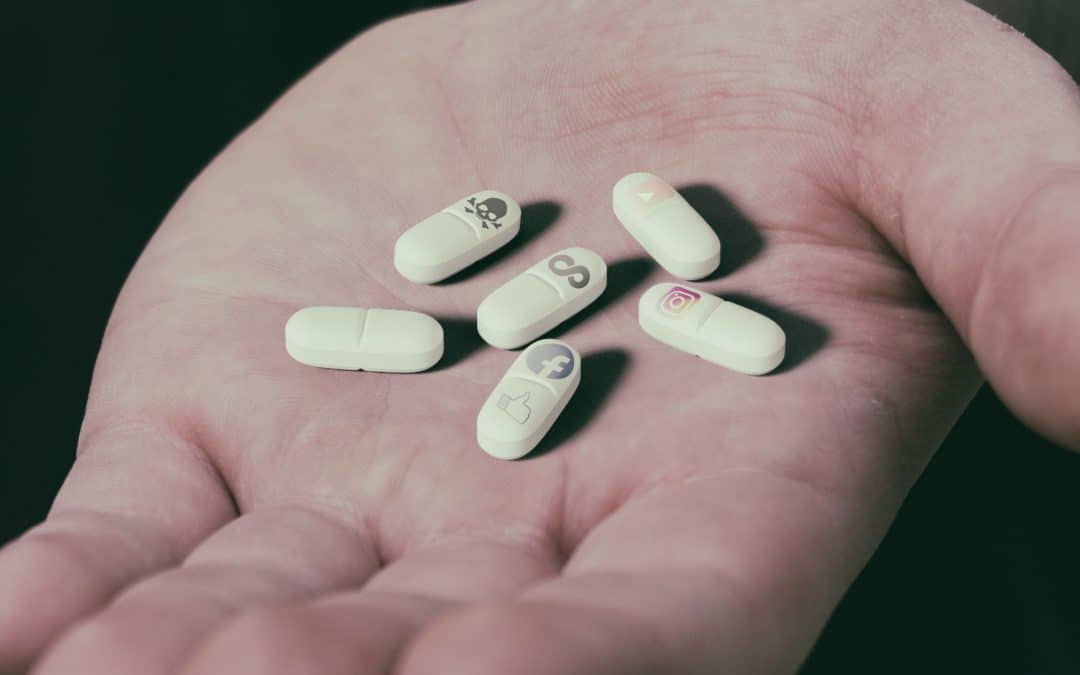One area that is heavily discussed with respect to social media is healthcare, and more specifically how healthcare professionals can use social media to interact with patients, ultimately changing one’s care experience.
As it stands, about a third of active social media users in the United States are likely to post about their health experiences (according to a 2012 study by PWC). What if doctors could join these conversations in a healthcare capacity – providing tips, advice, or referrals? There is absolutely room for social media to impact how healthcare is delivered in an increasingly online world.
With that said, given everything that is currently unfolding with Facebook in regards to our privacy, and how information is accessed by third parties, what does this mean for the relationship between social media and healthcare?
Today, we are going to explore the good, the bad, and the unknown when it comes to social media and how it is used by healthcare professionals.
The Good
There are many positive to argue for when it comes to the connection between healthcare and social media – the importance of online communities, information exchange, and global reach. Healthcare professionals are increasingly relying on online tools like social media to engage with peers and seek answers more quickly than through traditional means. In fact, 88% of doctors are using social media to conduct research about pharmaceuticals, durable medical equipment products, and etc.
For pharmacy owners and DME providers, this is especially important to keep in mind as you develop your marketing strategies. Not only is it crucial to have a strong social media presence so that you are effectively reaching your customers, but it’s also worth considering what information is readily accessible for healthcare professionals who may be visiting your channels to learn more. Developing content specific to healthcare professionals may be an important component of your social media strategy.
The Bad
For healthcare professionals using social media to interact with patients, there is a litany of things to consider, the most important being privacy. HIPAA compliance is paramount in the healthcare industry, and social media interactions must ensure that all policies and guidelines are properly followed. There are also a number of things to consider including issues of conduct, professional and personal boundaries, and the potential for harmful or inaccurate healthcare information to be widely distributed.
There are many things for healthcare professionals to be aware of before logging in and accepting friend requests – and the truth is that more regulation is required to ensure that both healthcare professionals and patients are properly protected.
The Unknown
When you consider all of the health information being collected by mobile technologies like wearables and digital readers – the healthcare ecosystem seems more primed than ever to move into digital forms of communication.
While it certainly seems inevitable that elements of our healthcare experience will become absorbed into our social media channels, there remains a lot to sort out with respect to privacy and regulation.
While this may still be unknown, one thing is clear: marketers of pharmacies and DME products/services need to recognize the increasing importance of social media in their marketing efforts, and ensure their communications are targeted not only at prospective patients or customers, but at healthcare professionals who could recommend their services as well.
If you are looking for support developing marketing or social media strategies for your pharmacy or DME company, consider reaching out to the Prizm Media team. Our experienced team will help boost your bottom line in no time. Give us a shout today at [email protected] or by phone at (604) 326-0096. You’ll be glad you did!


